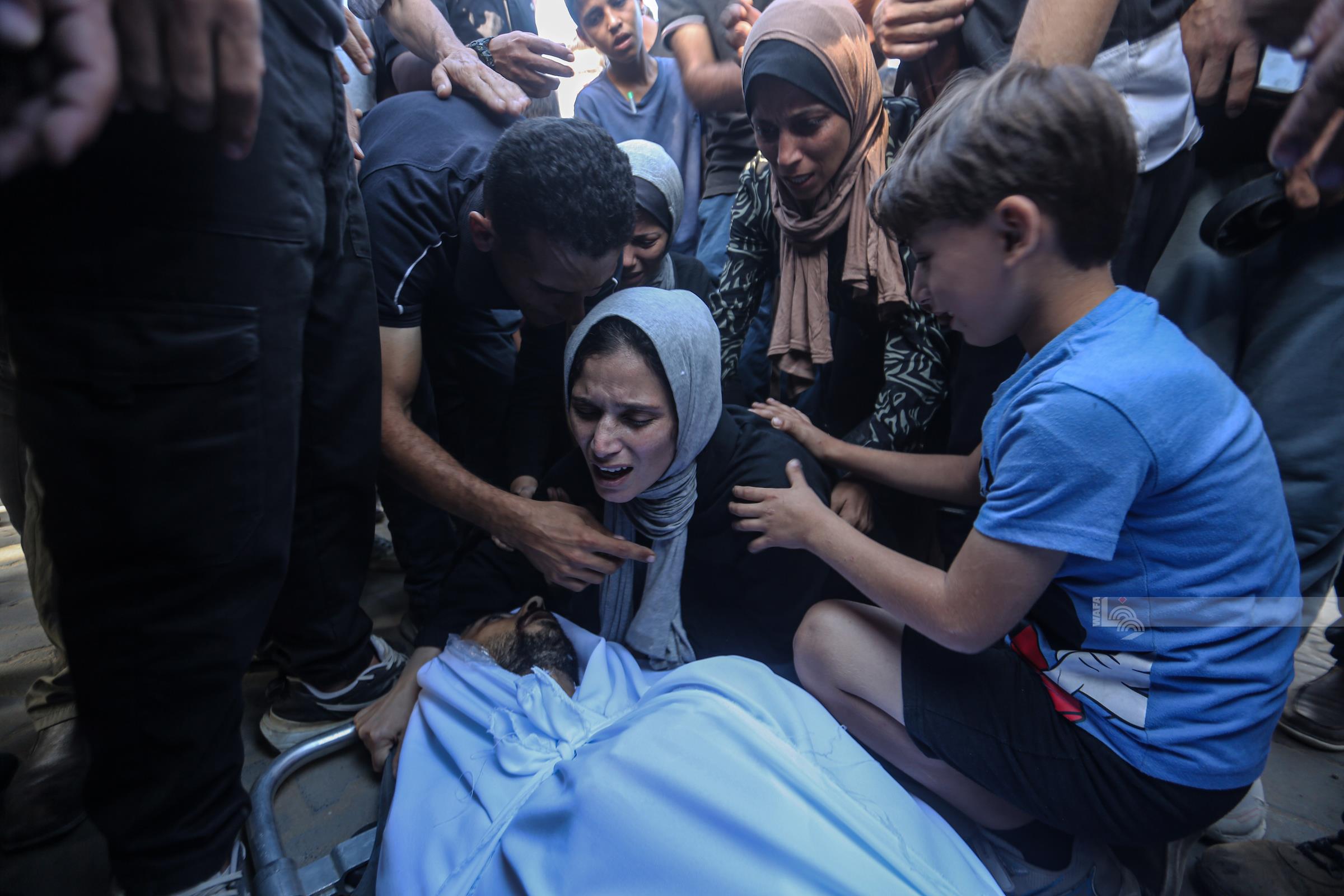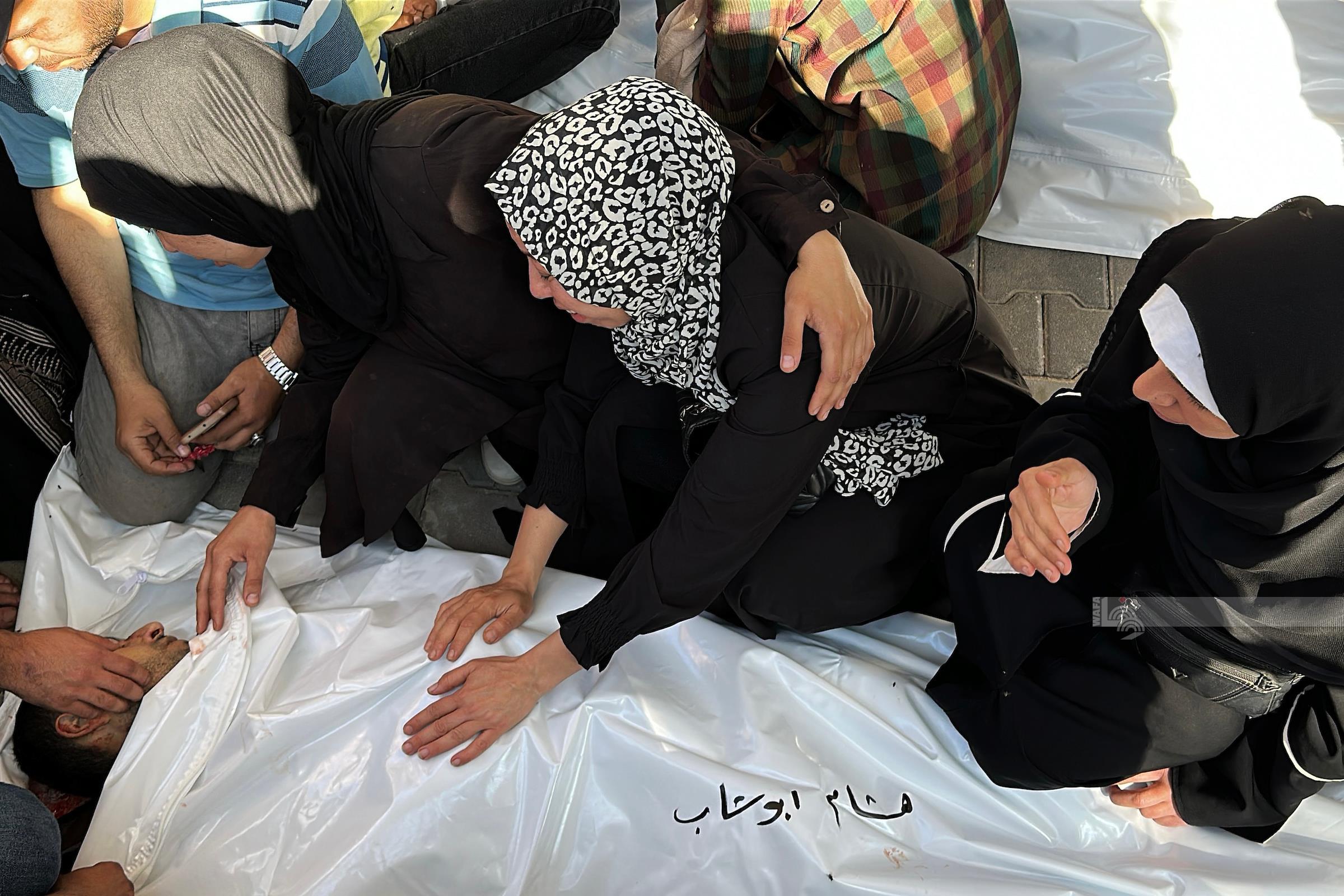NEW YORK, October 23, 2025 (WAFA) – A senior UN official has warned about the deteriorating conditions for women and newborns in the Gaza Strip, describing the situation as resembling “a dystopian film” due to starvation, rising deaths, and the collapse of maternal healthcare.
Speaking on Wednesday, Andrew Saberton, Deputy Executive Director of the UN Population Fund (UNFPA), said he was unprepared for the level of devastation he witnessed during his visit to Gaza. “Gaza has been flattened. Mile upon mile of rubble and dust, with few buildings left intact. I cannot unsee what I have seen,” Saberton said at a news conference addressing the situation for women and girls in Gaza and the occupied West Bank.
He highlighted the toll on UNFPA staff, many of whom have lost relatives and had their homes destroyed, yet continue to work amid ongoing conflict. Saberton stressed that many women in Gaza have lost everything and are unable to access basic personal hygiene supplies, including during menstruation.
Displaced families are sheltering in half-destroyed buildings or makeshift tents, while hunger poses a deadly threat to mothers and infants. “One in four people is starving, including 11,500 pregnant women for whom starvation is particularly catastrophic,” he said.
The health crisis is further exacerbated by the destruction of healthcare infrastructure, with 94% of hospitals in Gaza damaged or destroyed. Premature and low-birth-weight babies now make up around 70% of newborns, and one in three pregnancies is high risk. The shortage of essential drugs has led to rising maternal deaths.
Saberton described the recent ceasefire as a “glimmer of hope,” but warned that renewed attacks have plunged families back into terror. He called for a permanent ceasefire and full, safe humanitarian access to deliver much-needed aid, noting that current aid deliveries are “nowhere near enough.”
He emphasized the urgent need to restore healthcare and protection services for women and girls, with a special focus on addressing the psychological impact of the conflict. “Seventy percent of Gaza’s youth are suffering from depression and anxiety,” Saberton said, warning of long-term generational trauma with over half of young people and approximately 40% of adults expected to suffer from post-traumatic stress disorder.
Turning to the occupied West Bank, Saberton expressed how movement restrictions are disrupting access to healthcare for an estimated 73,000 pregnant women. He described life in the West Bank as dominated by barriers and checkpoints that restrict movement and limit opportunities, especially for women and youth.
“The world can no longer afford to turn away. Not from Gaza. Not from the West Bank,” Saberton urged. “True peace must guarantee safety, support and agency for every woman and girl to heal and to live their lives in dignity.”
M.N









